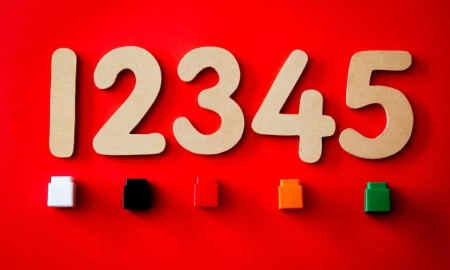June 21 2023
Understanding Online Lending Apps (OLAs)

Best online loans
In this article:
► The Impact of Online Lending Apps (OLAs) in the Philippines
► Understanding Online Lending Apps (OLAs)
► The Consequences of Non-Payment
► Dispelling Fears: The Reality of Non-Payment
► Dealing with Debt Collectors
The Impact of Online Lending Apps (OLAs) in the Philippines
In the digital age, financial transactions have become more accessible than ever. One such innovation is the Online Lending App (OLA), a platform that allows users to borrow money with just a few taps on their smartphones. However, these apps have also brought about a new set of challenges, particularly in the Philippines. This article aims to shed light on the impact of OLAs and the consequences of non-payment.
Understanding Online Lending Apps (OLAs)
How OLAs Work
Online Lending Apps, or OLAs, are applications that can be downloaded from platforms like the Google Play Store. They offer users the convenience of borrowing money without the need for physical transactions. Users can apply for a loan, receive approval, and have the funds transferred to their accounts, all within the app.
The High Interest Rates of OLAs
While OLAs provide convenience, they also come with high interest rates. Coupled with short repayment periods, these factors can make it difficult for some users to repay their loans on time.
The Consequences of Non-Payment
The Stress of Debt Collection
When a user fails to repay their loan, they may start receiving calls from debt collectors. This can cause significant stress, especially if the user is unable to make the payment.
Legal Implications of Non-Payment
There are also legal implications to consider. Non-payment of loans can result in legal action, although the specifics depend on the circumstances and the terms of the loan agreement.
Dispelling Fears: The Reality of Non-Payment
The Myth of Imprisonment
Many people fear that non-payment of an OLA loan could lead to imprisonment. However, this is not the case. In the Philippines, you cannot be jailed for non-payment of debts.
The Truth about Legal Action
While legal action can be taken, it is not as straightforward as it seems. For instance, a bounced check can lead to legal consequences, but this is not common with OLAs as they usually do not involve checks.
Dealing with Debt Collectors
The Role of the Staff
The staff, or debt collectors, play a crucial role in the loan repayment process. They are tasked with ensuring that the loan is repaid, but their methods can sometimes be aggressive and intrusive.
How to Handle Debt Collection Calls
If you find yourself unable to cope with the stress of debt collection calls, you can choose to blockthem or ignore them. However, it's important to understand that this is not a long-term solution and that the debt will still need to be repaid.
The Emotional Impact of OLAs
The Stress and Depression Caused by OLAs
The stress of dealing with high-interest loans and aggressive debt collectors can lead to mental health issues such as stress and depression. This is a serious consequence that is often overlooked in discussions about OLAs.
The Threat of Social Media Exposure
Some debt collectors may threaten to expose the debtor's situation on social media. This can lead to additional stress and anxiety, as the debtor may fear the social stigma associated with being unable to repay a loan.
Seeking Legal Help
Understanding Your Rights
If you find yourself in a situation where you are unable to repay an OLA loan, it's important to understand your rights. For instance, you cannot be jailed for non-payment of debts, and debt collectors are not allowed to harass you.
Where to File Complaints
If you believe that a debt collector has violated your rights, you can file a complaint with the appropriate authorities. In the Philippines, this could be the National Privacy Commission or the Securities and Exchange Commission.
Conclusion
Online Lending Apps (OLAs) have made it easier for people to borrow money, but they also come with their own set of challenges. High interest rates, aggressive debt collection practices, and the stress of non-payment can all take a toll on a person's mental health. It's important to understand your rights and to seek help if you find yourself unable to cope with the pressures of an OLA loan.
FAQs
What are Online Lending Apps (OLAs)?
OLAs are apps that allow users to borrow money through their smartphones.
Can I be jailed for non-payment of an OLA loan in the Philippines?
No, you cannot be jailed for non-payment of debts in the Philippines.
What can I do if I'm being harassed by a debt collector?
You can file a complaint with the appropriate authorities, such as the National Privacy Commission or the Securities and Exchange Commission.
What are the consequences of non-payment of an OLA loan?
Non-payment can lead to legal action, stress, and potential mental health issues.
What can I do if I'm unable to repay my OLA loan?
It's important to understand your rights and to seek help. You may want to consult with a legal professional or a financial advisor.
Related articles




